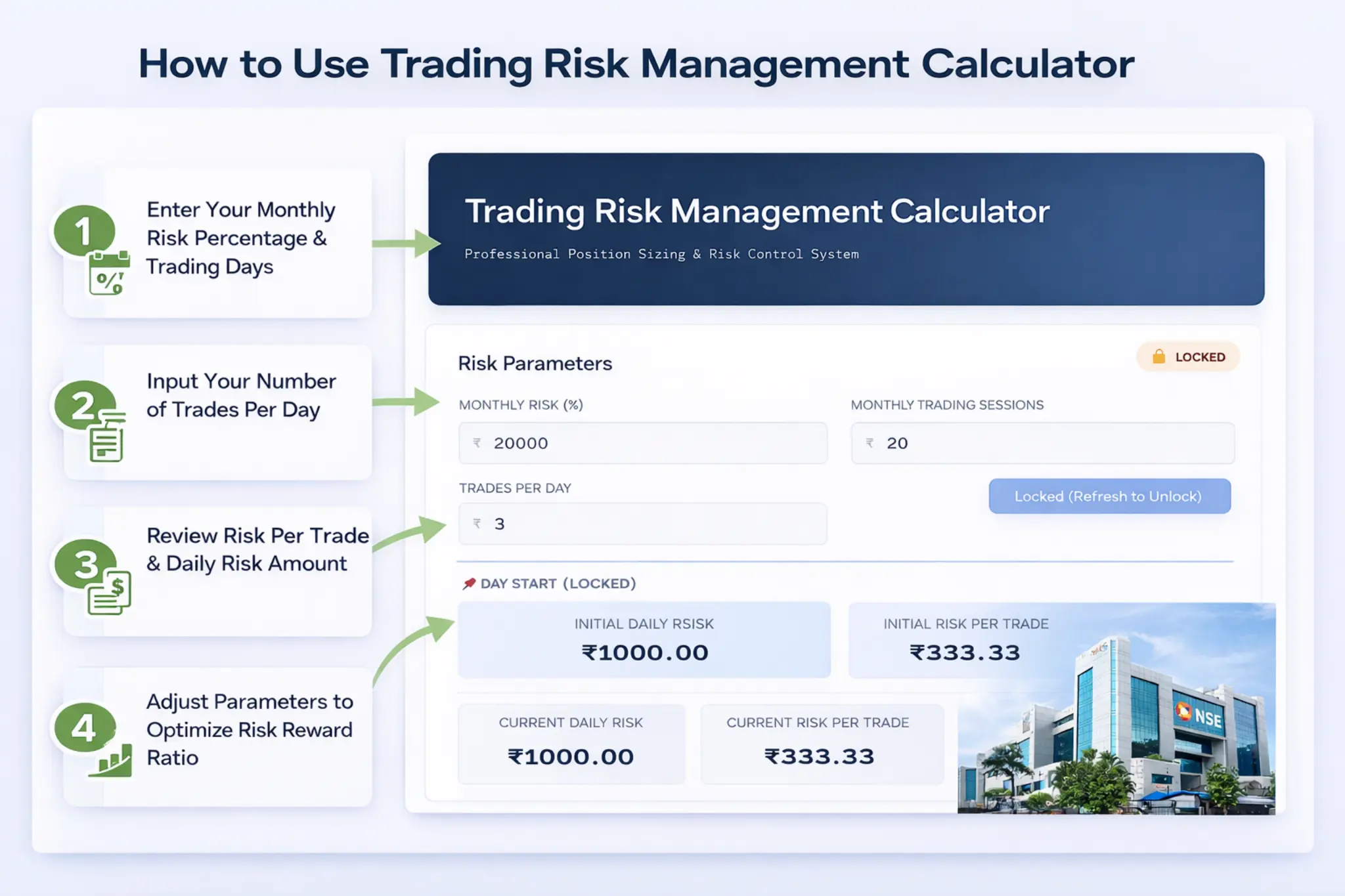Stock market participants are the entities or individuals involved in buying and selling securities in the stock market. These participants play various roles and have different objectives, which can be classified based on the size of their transactions and their holding period.
Now let’s understand the some definitions-
1. Transact
The term transact in the stock market means to buy or sell securities such as stocks, bonds, or derivatives. The act of transacting involves placing an order through a broker trading terminal, which is then executed on the stock exchange.
2. Transaction
A transaction refers to the completion of a trade, where the ownership of securities is transferred from the seller to the buyer in exchange of money. A transaction can be a purchase or a sale of securities.
3. Market Participants
Market participants are all the individuals and institutions that engage in the buying and selling of securities in the stock market. They include retail investors, institutional investors, brokers, market makers, and others.
4. Holding Period
The holding period is the length of time an investor holds onto a security before selling it. Different market participants have different strategies based on how long they intend to hold their investments.

Also read: Mastering India VIX: 1 Simple Proven Way to Predict NIFTY’s Volatility Range
Types of Market Participants Based on Size of Transaction
1. Retail Participants
The retail participants can be define as the individual investors who buy and sell shares of any company for their personal trading and investment, rather than for any institution or for any company. They typically trade in smaller volumes compared to institutional investors. Example: An individual investor who buys small number of shares of a company for their personal investment portfolio is a retail participant.
2. Foreign Institutional Investors (FII)
Foreign Institutional Investors (FII) are large institutional investors based outside the country who invest in the domestic stock market. They include foreign mutual funds, pension funds, insurance companies, and other large entities. Example: A U.S.-based mutual fund that buys a significant stake in an Indian company is considered an FII in the Indian stock market.
3. Domestic Institutional Investors (DII)
Domestic Institutional Investors (DII) are large institutional investors based within the country. These include domestic mutual funds, insurance companies, pension funds, and banks. Example: The Life Insurance Corporation of India (LIC), Mutual Fund House, Insurance Agencies investing in Indian stocks is an example of a DII.

Also Read: Unlock Powerful Nifty 50 Trading Strategies to Make Smarter Decisions for Traders and Investors
Types of Market Participants Based on Holding Period
Below are the some of the market participants given based on their holding period of their securities-
1. Scalper
Scalpers are traders who hold positions for a very short period, often just minutes or even seconds, aiming to profit from small price movements. They make numerous trades throughout the day, accumulating small gains.
2. Intraday Trader
Intraday traders buy and sell securities within the same day, closing all positions before the market closes. They do not hold any securities overnight. Using different intraday trading strategies, they aim to profit from the day’s price fluctuations.
3. Swing Trader
The Swing traders are those who hold their positions only for several days to some weeks or a month, to take benefits of short term price movements. Swing traders aim is to take profit from price swings during the change in a trend.
4. Positional Trader
Positional traders hold securities for several weeks to months, often following longer-term trends. They are less concerned with short-term fluctuations and focus on the broader market direction.
5. Investor
Investors hold securities for the long term, often years or decades. Their goal is to benefit from the long-term growth of the securities they invest in, such as through capital appreciation, dividends, or interest.




